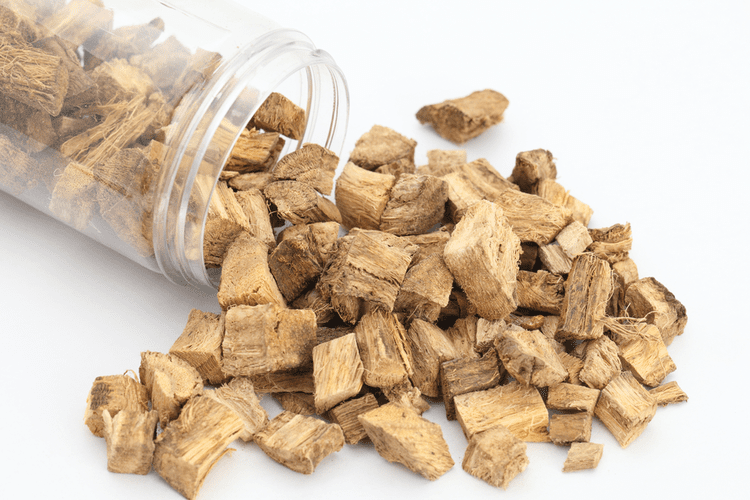Is Alcoholism a Mental Illness? Dive Deep Into Alcohol and Mental Health
The first stage is to drink enough to get either intoxicated or inebriated. Once that happens, if the person doesn’t keep drinking, the alcohol will begin to wear off, and they will start to experience withdrawal symptoms both physically and mentally. Like all other types of addiction, alcoholism, also called alcohol abuse or alcohol addiction is a disease. Just many other diseases, while they might not be curable, they can be treated.
Pre-Existing Mental Disorders and Alcoholism
Most people will feel better in a couple weeks, and the depression will get better. If you still have depression after 4 weeks of not drinking, talk to your doctor. Long-term heavy drinking can also cause permanent changes to the brain, such as problems with understanding, remembering, and thinking logically. Binge drinking is when you drink a lot of alcohol in one day — more than 8 units of alcohol per day for men and more than 6 units of alcohol per day for women, with 1 unit of alcohol being equal to half a pint. While this can feel good for a short time, this effect doesn’t last for long. The feelings of bliss wear off, and they can worsen your depression symptoms.
AUD treatment involves mental health and emotional support
People with alcohol use disorder (AUD) have high rates of co-occurring mental health conditions. Symptoms of mental health conditions and an excessive alcohol intake may contribute to each other bidirectionally. Footprints to Recovery offers a full continuum of addiction and mental health treatment programs that include individual therapy, group therapy, and family therapy using the techniques above and others. Our clinical team is experienced and skilled in providing exceptional care to everyone in need. Treatment programs are evidence-based and integrate holistic practices in recovery.
Mental Health Disorders Caused By Alcohol Misuse
However, alcohol increases sleep disturbances during the deeper parts of your sleep cycle. This disturbance then impacts the quality of your sleep.4 Since quality sleep is essential to positive well-being, alcohol use can negatively impact our mental health in many ways. Heavy alcohol use may increase the risk of experiencing traumatic events, such as violence and assault. AUD can is alcoholism a mental illness also disrupt an individual’s psychological mechanisms for coping with traumatic events, impairing their arousal, sleep, and cognition, and thus increasing the chances of developing PTSD.
- In fact, alcohol abuse induces and exacerbates the symptoms of such disorders, making them more difficult to manage or respond to treatment.
- If they aren’t treated simultaneously, one condition could become a trigger for relapse of the other one.
- It can also delay or prevent individuals from seeking professional help for their mental health issues.
- The treatment priorities depend on factors such as each patient’s needs and the clinical resources available.
A person can work with healthcare professionals to treat these conditions together. This kind of treatment approach often involves a combination of psychotherapy, medication, and AUD treatments and interventions, such as a 12-step program. A 2021 cross-sectional study suggests that people with mental health conditions are more likely to have AUD, and that people with AUD have a higher risk of mental health conditions. AUD commonly coexists with other disorders such as anxiety, bipolar disorder, depression, schizophrenia, and PTSD. These conditions can complicate AUD because they can both influence and be influenced by alcohol use, creating a cycle that’s hard to break.
Increased Risky Behaviors
- Their symptoms will likely increase for the duration of active substance abuse.
- While the conditions above are linked to alcohol misuse, it’s important to keep in mind that in some cases, they are not separate mental health conditions, but rather a byproduct of alcohol addiction.
- Some clinical features of AUD may also precipitate sleep disorders, such as a preoccupation with obtaining alcohol and AUD-related psychosocial stressors.
- So, when a person with a mental health disorder uses alcohol to cope, they are likely to show a deterioration of mental health functioning.
For people with an alcohol use disorder, these symptoms can occur as long as the alcohol Sober living home use continues, but will generally go away after a period of abstinence. It’s important to note, however, that people with a pre-existing psychosis are at higher risk of developing a substance abuse disorder. Their symptoms will likely increase for the duration of active substance abuse. Bipolar disorder involves extreme mood swings from mania or euphoria to depression.
What causes alcohol use disorder?
Too much alcohol affects your speech, muscle coordination and vital centers of your brain. This is of particular concern when you’re taking certain medications that also depress the brain’s function. Described as a manic-depressive illness, bipolar disorder involves irregular mood swings that fluctuate from extreme https://ecosoberhouse.com/ highs to severe lows.
A compulsive need to consume alcohol despite the physical, psychological, and social ramifications characterize this end-stage. In many cases, obsessive alcohol abusers are also more often under the influence of alcohol than not. Alcoholism is considered a disease that progresses in three stages, starting with problematic drinking and ending in obsessive alcohol abuse. The treatment for depression that co-occurs with AUD is typically the same and may also involve alcohol dependence medication, such as naltrexone.





